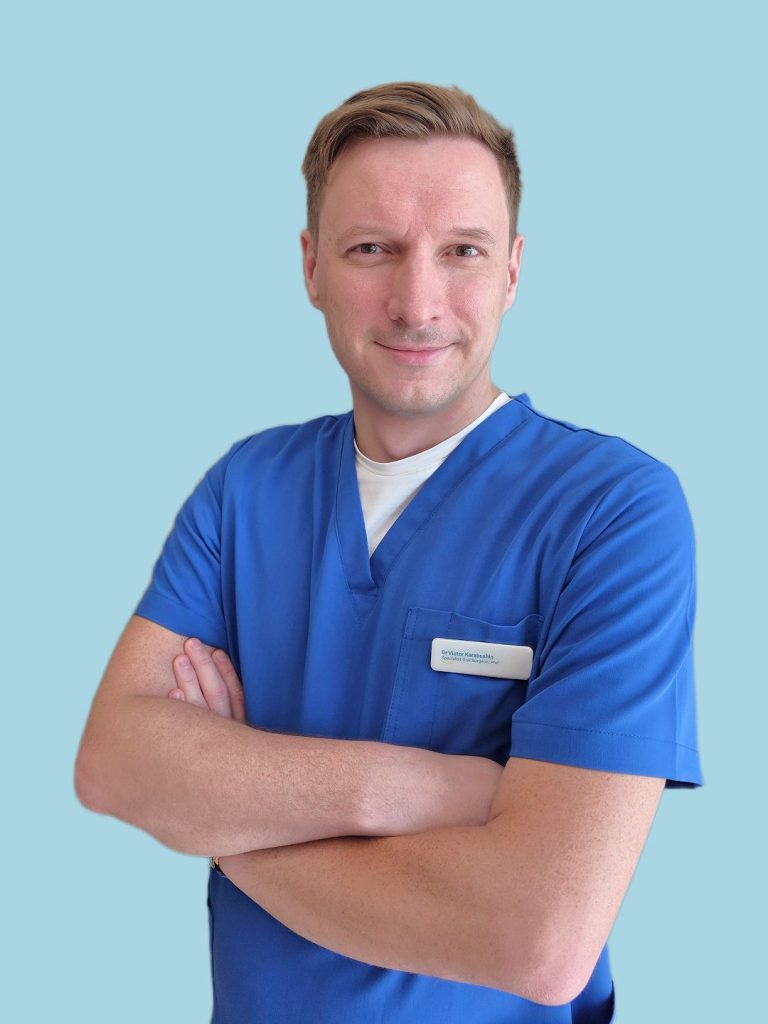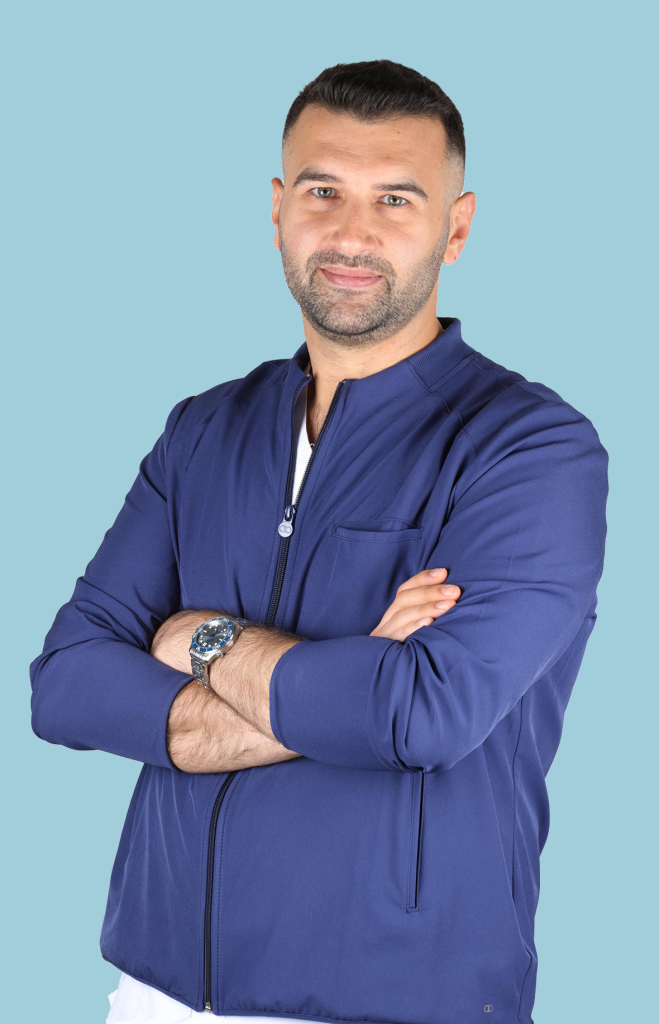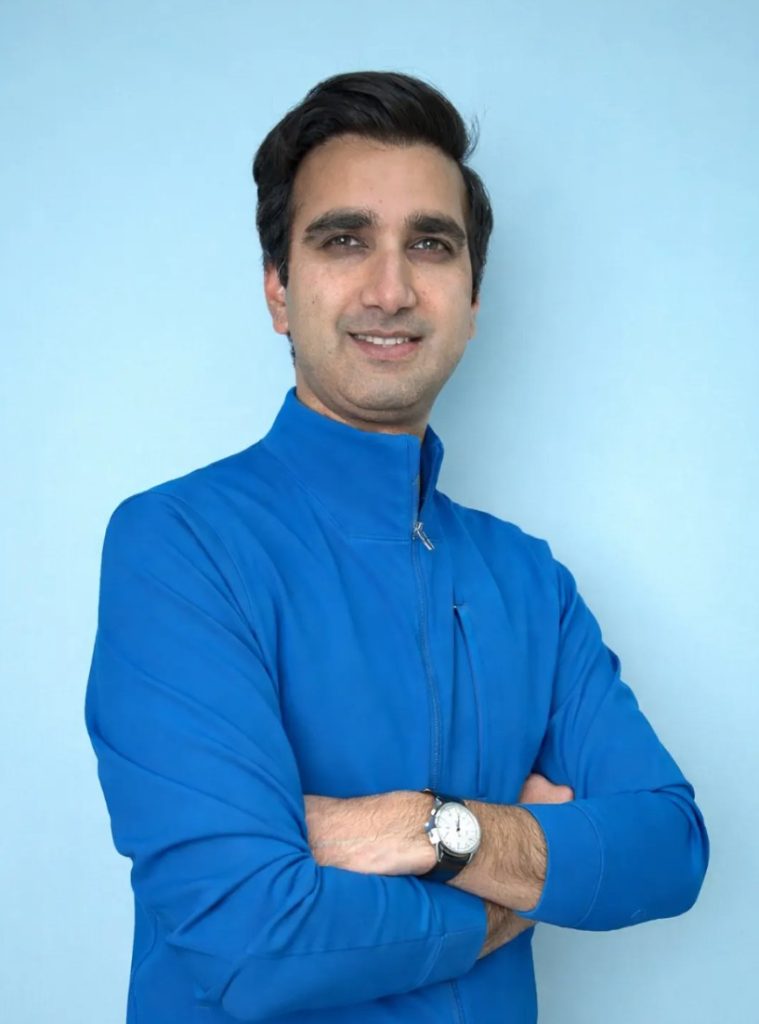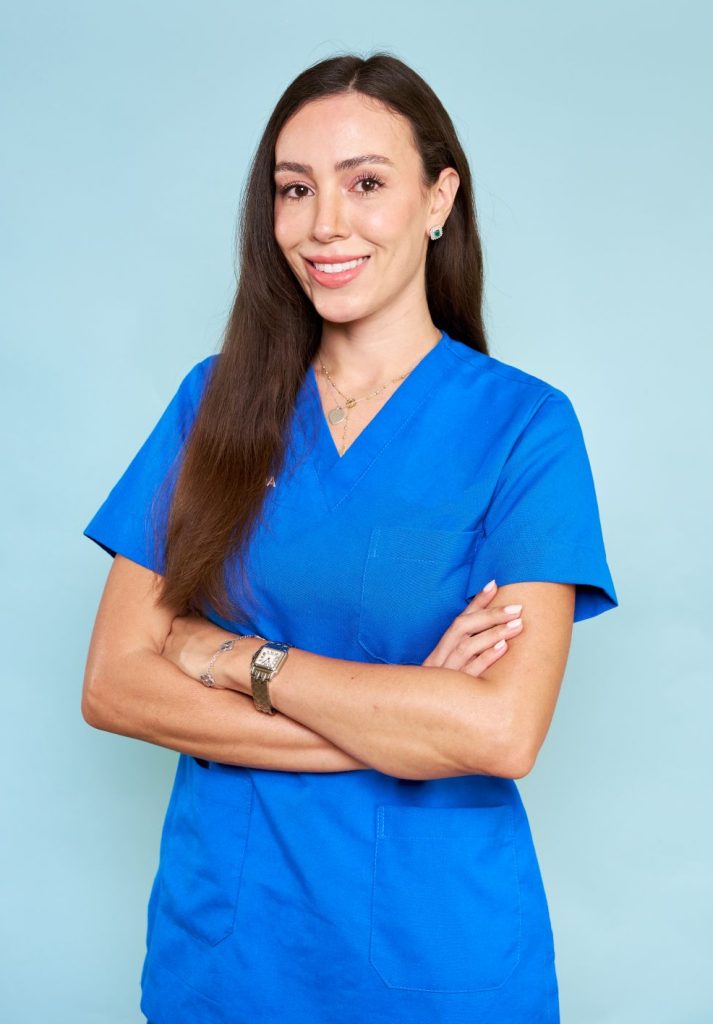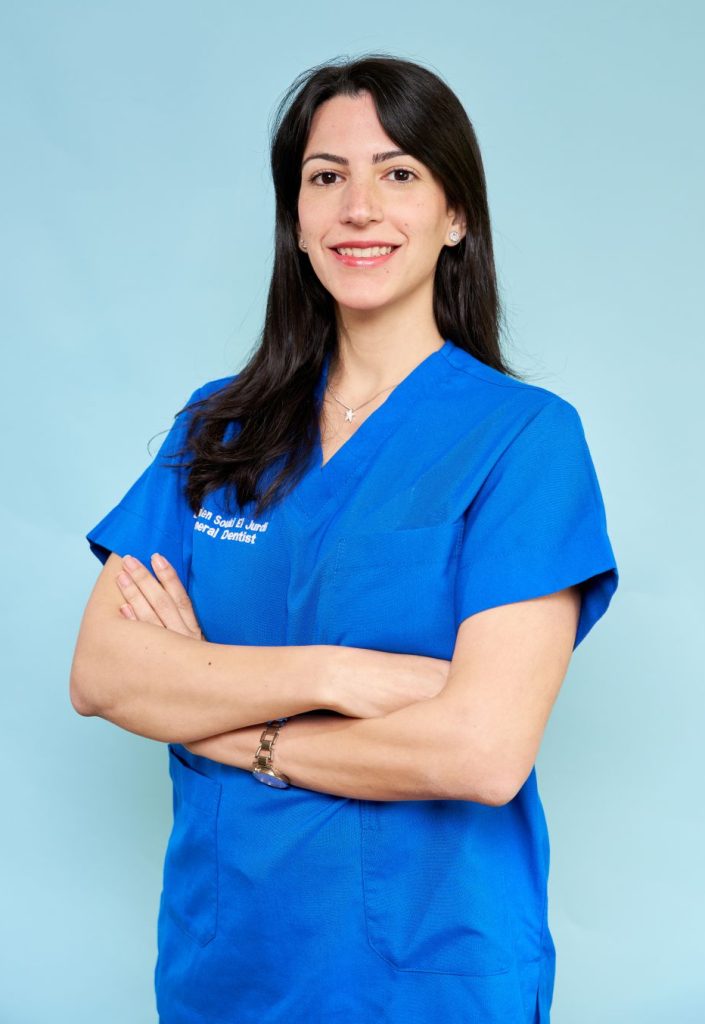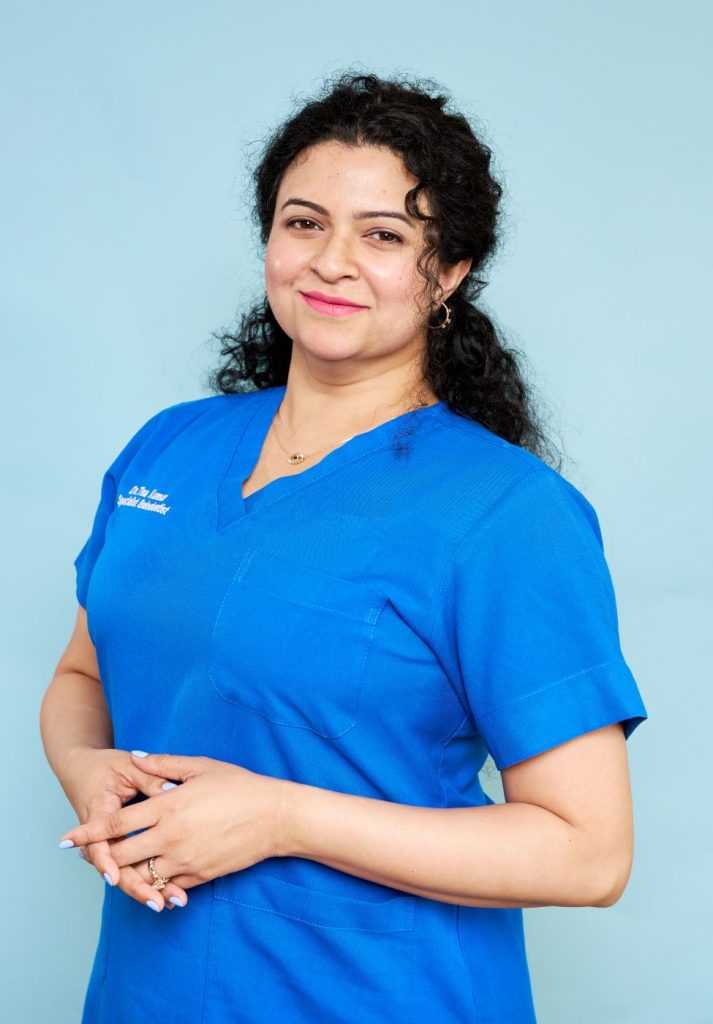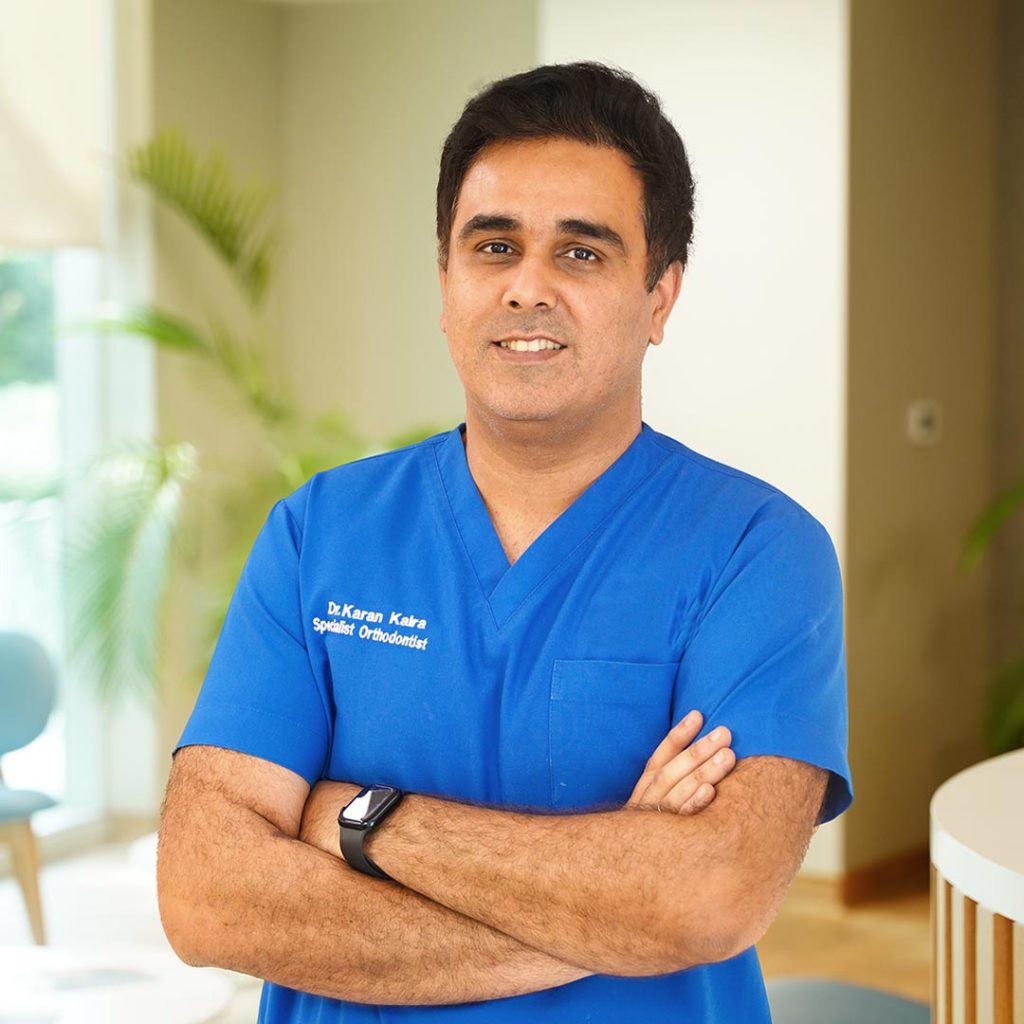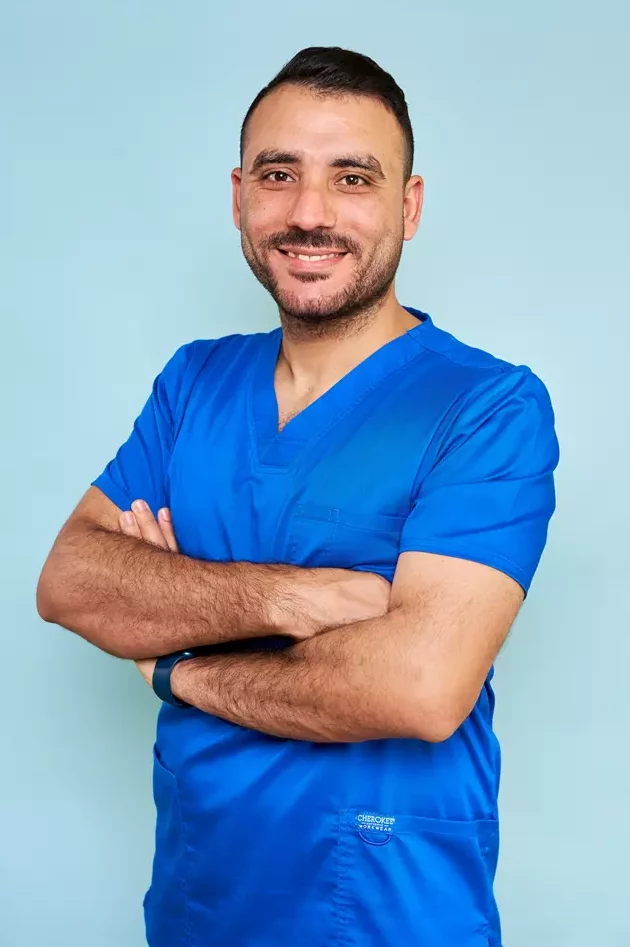Robots have invaded many industries, from car manufacturing to complex surgical procedures. But when it comes to dentistry, how much can robots actually do without human help? Can they drill cavities, place crowns, or even install braces?
Let’s go through common dental procedures step-by-step to understand precisely what robots are capable of, and—just as importantly—what they simply cannot manage.
1. Can robots treat cavities?
No. Right now, in 2025, there is not a single robot in the world capable of treating dental cavities independently.
Why?
Treating cavities involves drilling into living tooth tissue, which varies in hardness and sensitivity. Each tooth is unique, and the dentist must continuously assess and adapt pressure and technique to prevent damage and ensure patient comfort. Robots, despite being precise, simply don’t have this kind of sensitivity or flexibility.
Bottom line: Cavity treatment is fully dependent on the human dentist’s skill and judgment.
2. Can robots perform root canal treatment?
No. Root canal therapy (endodontics) involves delicate work inside tiny, winding root canals. The dentist must carefully remove infected nerve tissue, clean the canals, and precisely fill them. Currently, no robot can handle this independently.
However, there are experimental robots—like DentiBot from Taiwan—that are being developed for assisting in root canal procedures. They measure pressure and movements accurately but have only been tested in laboratory conditions, never yet in human practice.
Bottom line: Robots are nowhere near ready to replace human endodontists.
3. Can robots place dental crowns?
Partially—but not fully independently. There have been experimental robotic systems, like the Lupin Dental Robotics system tested in India, which have successfully performed tooth preparations for crowns and veneers under strict human supervision.
However, the actual process of placing a crown—checking bite alignment, aesthetic nuances, and bonding materials—still demands human skill. Robots are limited to initial preparation and shaping under careful human supervision.
Bottom line: Robots may assist, but they don’t independently place crowns.
4. Can robots extract teeth?
No. Extracting a tooth isn’t just about pulling; it involves careful manipulation, precise tactile feedback, sensitivity to patient reactions, and the ability to handle unexpected complications such as curved roots or brittle bone.
Today, no robotic system anywhere can independently perform a tooth extraction.
Bottom line: Tooth extraction remains strictly a human dentist’s job.
5. Can robots attach braces or adjust wires?
No. Orthodontic treatment involves continuous, customised adjustments based on precise evaluation of tooth movement and patient progress. Bracket placement demands aesthetic judgment and personalisation. Wire adjustments require subtle tactile feedback and patient interaction.
No robot exists or is even close to existing that can independently attach brackets or adjust wires.
Bottom line: Orthodontics is exclusively handled by experienced human specialists.
6. Can robots place dental implants?
Not independently, but robots like the American-developed Yomi system significantly assist dentists in implant surgery.
How does Yomi help?
Yomi acts as a precise robotic assistant during implant surgery. It does not operate on its own. Instead, the dentist plans the exact placement of the implant beforehand using 3D imaging, and during surgery, the robot provides real-time guidance—much like a GPS, ensuring extremely accurate positioning.
Approved by the FDA since 2016, Yomi has been used in thousands of surgeries across leading clinics and universities in the U.S. It has significantly improved surgical accuracy, reduced patient discomfort, and increased the predictability of outcomes.
Yet, crucially, Yomi does not replace the dentist. It’s an advanced, precision tool guided entirely by human expertise.
Bottom line: Robots assist implant surgery, but humans are always in charge.
7. So, what exactly can robots do in dentistry?
Today, the main proven robotic applications in dentistry are:
- Assisted dental implant placement: (e.g., Yomi) to increase precision and predictability.
- Precise 3D scanning and diagnostics: modern AI-powered scanners create incredibly accurate digital images of your teeth and jaws, identifying problems with impressive precision.
- Experimental tooth preparation: robotic systems like Lupin (India) experimentally perform tooth shaping under human control—but are not widely adopted.
What robots absolutely cannot do yet:
- Treat cavities
- Fill teeth
- Perform root canals independently
- Extract teeth
- Attach braces or make orthodontic adjustments
- Fully manage crown placements or any aesthetic procedures autonomously
Why?
Dentistry is not purely mechanical. It requires careful human evaluation, sensitivity to patient pain and anxiety, on-the-spot decision-making, and precise judgment based on years of education and experience. Robots, while precise, lack the empathy, flexibility, and intuitive judgment that only a skilled dentist can provide.
Conclusion: without a human dentist—nothing happens.
Robots in dentistry today are impressive tools and assistants—but only that. They enhance human skills but never replace them.
If you’re looking for the best dentist in Abu Dhabi, technology alone is not enough. You deserve exceptional human expertise combined with modern innovations.
Why TRUE SMILE Dental Centre is your best choice in Abu Dhabi:
At TRUE SMILE Dental Centre, we:
- Use state-of-the-art 3D intraoral scanners and AI-driven X-ray analysis.
- Offer advanced, digital treatment planning with remarkable accuracy.
- Employ precise technologies, always under the careful supervision and guidance of experienced human dentists.
- Understand that successful dentistry combines technology and empathy.
Our patients trust us not just because we have advanced equipment, but because we have dedicated, skilled dentists who care deeply about their comfort, safety, and long-term results.
TRUE SMILE Dental Centre is consistently recognised as one of the best dentistry clinics in Abu Dhabi precisely because we never lose sight of the human touch, which technology alone cannot replace.
Experience why TRUE SMILE Dental Centre combines the best technology with genuinely caring human experts—making us your top choice for outstanding dental care.





